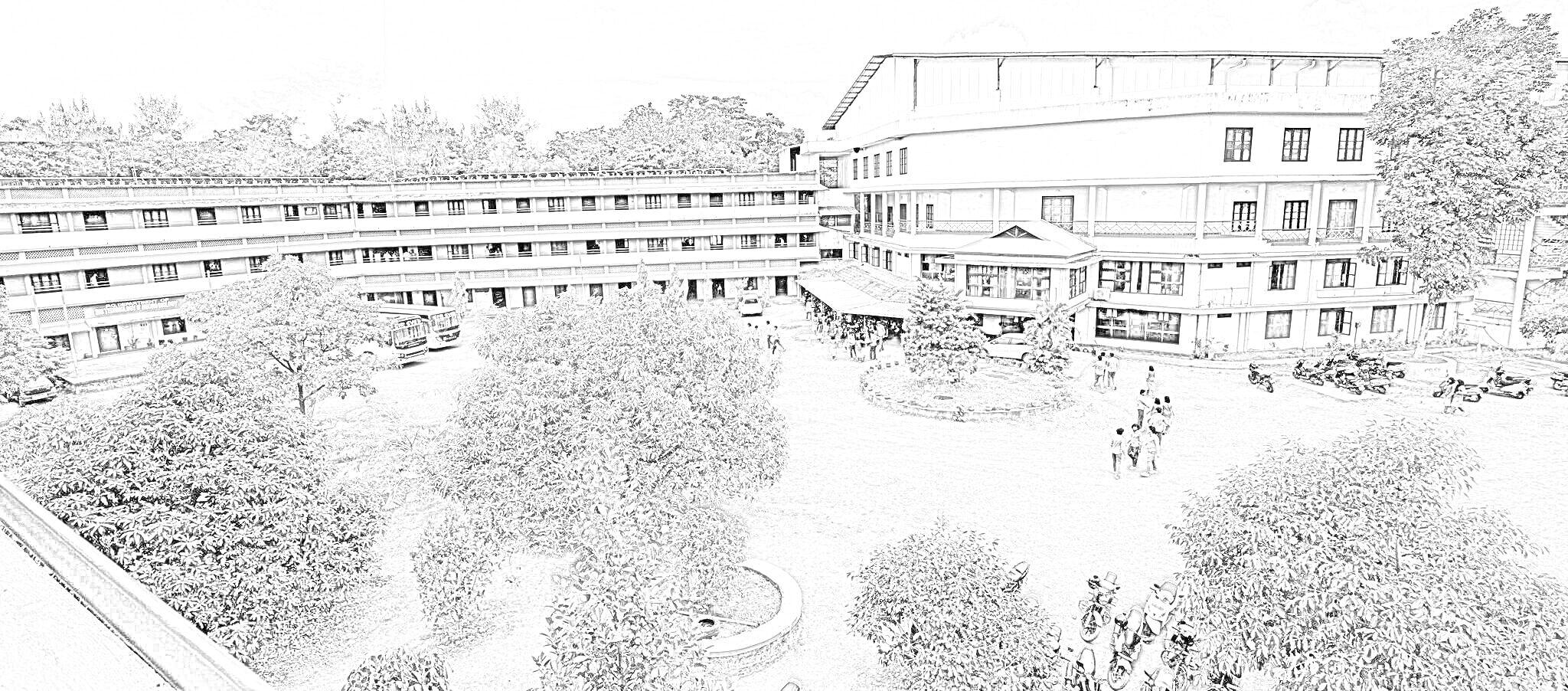
Information and Internet
- Home
- Facilities
- Information and Internet
College laboratories equipped with internet connections are essential for providing students with access to online resources, conducting research, and completing academic assignments that require internet access. Here's a general overview of what a college lab with internet connection typically entails:
-
Hardware:
- Computers or laptops: These are the primary devices used by students to access the internet and perform tasks.
- Peripherals: Keyboards, mice, monitors, and printers are commonly found in college labs to facilitate various computing tasks.
-
Internet Connectivity:
- High-speed internet connection: Reliable and fast internet connectivity is crucial for accessing online resources, conducting research, and collaborating on projects.
- Wi-Fi access points: In addition to wired connections, Wi-Fi access points may be available to allow students to connect their personal devices to the internet.
-
Software and Tools:
- Operating system: College labs typically run on operating systems like Windows, macOS, or Linux.
- Web browsers: Popular web browsers such as Google Chrome, Mozilla Firefox, or Microsoft Edge enable students to access online resources.
- Productivity software: Suites like Microsoft Office or Google Workspace provide tools for word processing, spreadsheet analysis, presentations, etc.
- Specialized software: Depending on the academic discipline, labs may have specialized software for programming, engineering, design, statistics, etc.
-
Security Measures:
- Firewalls and antivirus software: These are in place to protect against malware and unauthorized access to the network.
- User authentication: Students may need to log in with their credentials to access the internet and other resources.
- Content filtering: To ensure compliance with academic policies and regulations, content filtering may be implemented to restrict access to certain websites or content categories.
Overall, a college lab with internet connection plays a vital role in supporting students' academic endeavors by providing access to digital resources, facilitating research activities, and enhancing learning experiences through technology integration.
